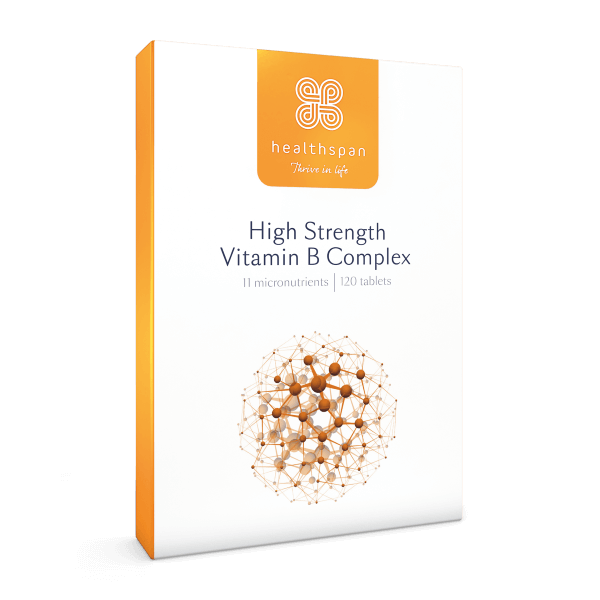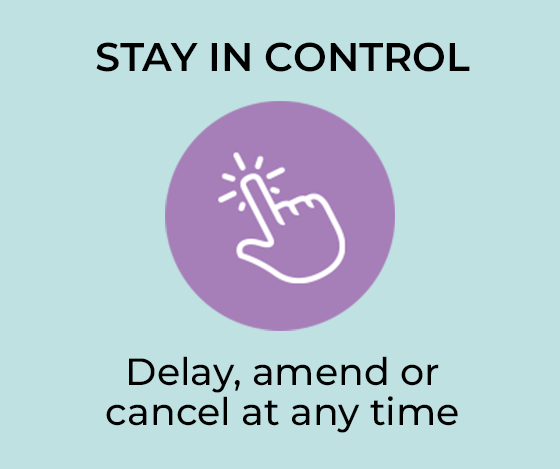Going through menopause can be highly stressful, but some women find their stress levels seem to increase dramatically with no clear reason. They may feel more irritable, anxious and some even begin to suffer with panic attacks, despite having no history of any of these symptoms.
Studies have shown that heightened levels of stress and anxiety during the menopause can even exacerbate common menopausal symptoms. For example, in one study women with the highest stress levels were five times more likely to experience hot flushes.
So what is the cause of menopausal stress? The most common reason is due to hormonal shifts. A reduction in progesterone and oestrogen can contribute to feelings of stress, just as you may have experienced during your menstrual cycle as PMS. Also as oestrogen falls, this can leave your stress hormone cortisol out of balance, due to the shared pathway of sex and adrenal hormones along the hypothalamus-pituitary axis.
Aside from hormonal balance, other factors may also lead to menopausal stress, including the emotional feelings many women feel at this time, such as a sense of loss or worry about changing body shape. Stress can come from so many different factors- emotional, physical, and physiological - but whatever the underlying cause, B vitamins have a key role to play in managing this stress.
Using B vitamins to relieve menopausal stress
The B vitamins, which include thiamine, niacin, B12 and folic acid, are often referred to as the 'stress' vitamins. There are many symptoms of B vitamin deficiency, and these include tension, irritability, difficulty managing stress, poor concentration, and anxiety. B vitamins have a complex role to play in your body, and ensuring you have optimum levels during menopause can help in a number of ways to support stress management.
Support for sex hormone production
Even though your ovaries gradually stop their sex hormone production, your adrenal glands and fat cells will continue to produce these hormones. B vitamins help to support this production: for example, B3 and folic acid are needed to produce oestrogen, with folic acid supporting your body's ability to use the female sex hormone.

High Strength Vitamin B Complex
All the essential B vitamins to support your brain, heart and energy levels
- High levels of all eight B vitamins
- Supports immunity and reduces tiredness and fatigue
- Heart, brain and nervous system support for just 8p a day
B vitamins for adrenal gland health
As you go through menopause, your adrenal glands form an important site for sex hormone production, as well as the release of stress hormones. If you're suffering from stress, the small levels of oestrogen and other sex hormones produced by your adrenals may be affected. Don't forget, your body still needs oestrogen to protect your bone health. If your adrenal glands are under pressure, you'll find it more difficult to manage stress, and small problems may overwhelm you. The conversion and production of hormones from your adrenal glands relies heavily on B vitamins, especially B5 (pantothenic acid).
B vitamins for neurotransmitter balance
Serotonin is one of your neurotransmitters, which are chemical messengers in the brain. It's known as the 'feel good' neurotransmitter, and helps to stabilise your mood, support feelings of wellbeing and your ability to sleep. Vitamin B6 and B12 are important cofactors in the production of serotonin, which means without them this neurotransmitter cannot be made.
B vitamins for the nervous system
Your nervous system is also responsible for how your body responds to stress, with the sympathetic nervous system controlling your 'fight or flight' stress response. It relies heavily on good B vitamin intake, particularly B12, B1 and B3. For example, B12 is needed to make the myelin sheaths that surround your nerve cells, which provide insulation for nerve impulses to be sent efficiently. Keeping your nervous system in good working order is vital for helping your body to manage stress.
B vitamins for your liver
Having a healthy, working liver can help with hormonal balance. It's the liver which breaks down excess hormones for excretion through the gut. The two different phases of liver detoxification of your sex hormones rely on good levels of all the B vitamins.
Where do I get my B vitamins from?
The B vitamins work in harmony together, which means that a deficiency in one can affect the efficiency of another. So you need a good intake of all B vitamins, rather than focusing on one or two. Here's the best food sources of the B vitamins - you'll notice a pattern- meat, fish, eggs, wholegrains, fresh fruit and vegetables.
- B1 thiamin: vegetables especially peas, fresh and dried fruit, eggs, wholegrains, liver
- B2 riboflavin: milk, eggs, rice and fortified cereals
- B3 Niacin: meat, fish, wholegrains, eggs, milk
- B5 Pantothenic Acid: chicken, beef, potatoes, oats, kidney, eggs, broccoli, wholegrains
- B6 Pyridoxine: pork, chicken, turkey, fish, wholegrains, eggs, pulses, soya, peanuts, potatoes, bananas, avocados
- B12: meat, fish, milk, cheese and eggs. Vegetarian sources include fortified foods and some sea vegetables
- Folic acid: green leafy vegetables, liver, peas, chickpeas, brown rice, asparagus, oatmeal, avocados
If you're looking to supplement B vitamins, it should contain all of the vitamins listed above, and may also include others in the family such as choline and biotin. Make sure it has at least 10mg of Vitamins B1 to B6, and over 10mcg of B12 and at least 200mcg of folic acid. Your urine will go bright yellow whilst taking a B complex: this is perfectly normal, it's just the breakdown and excretion of excess B2.












